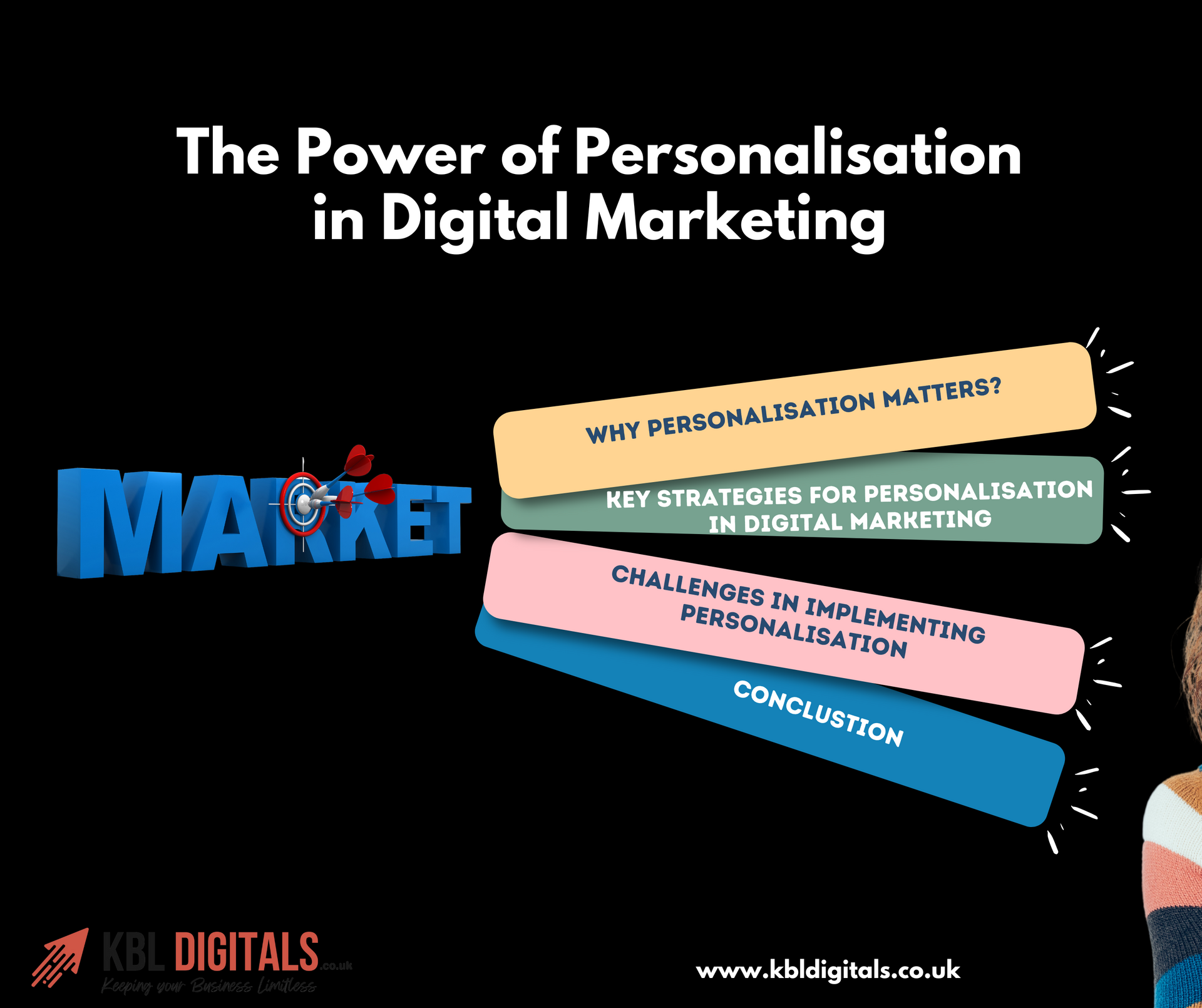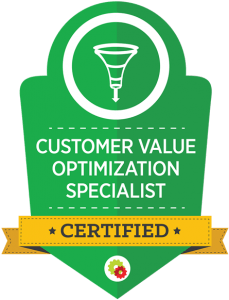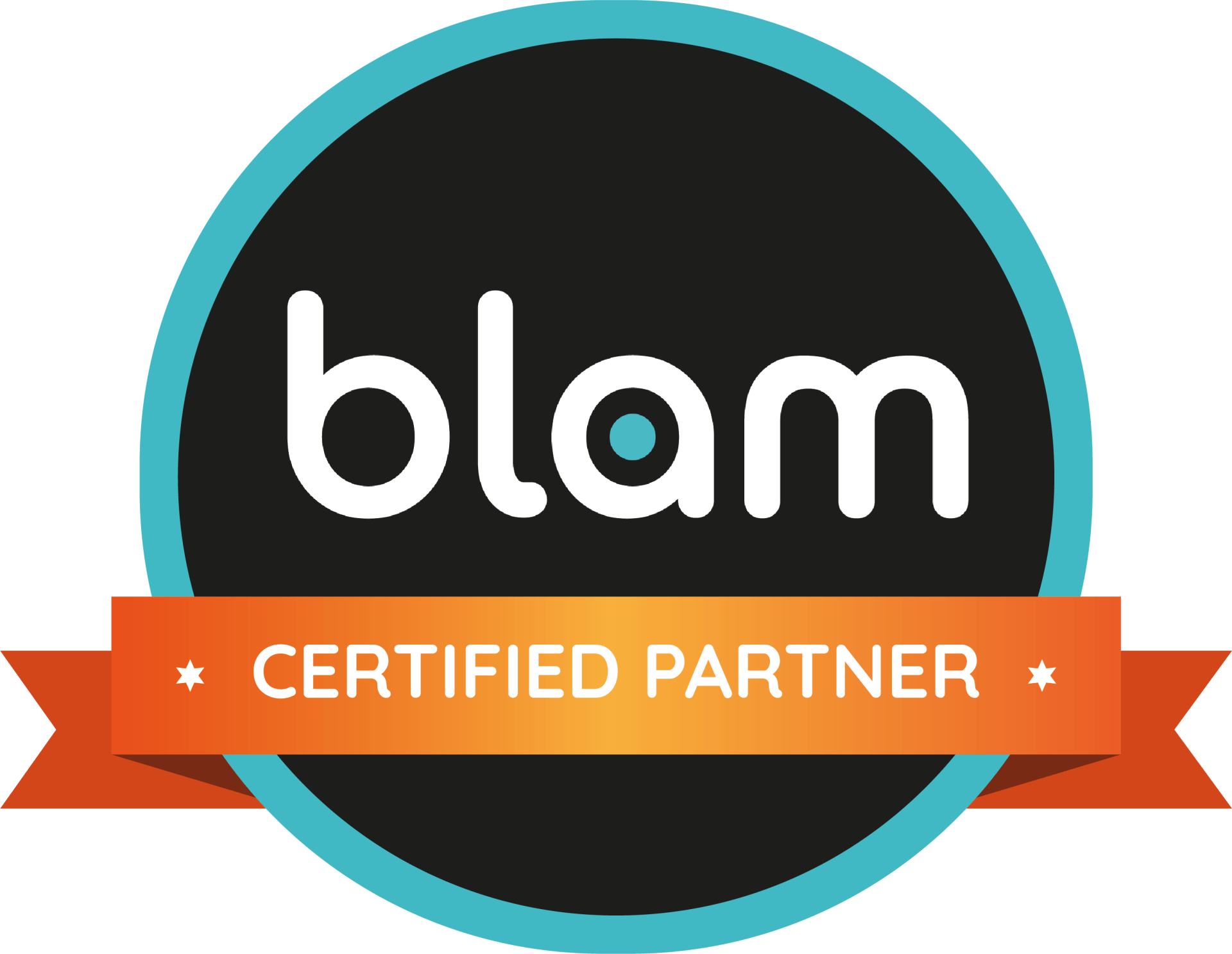SEO IMPORTANCE IN DIGITAL MARKETING
Why is SEO so important?
In today's digital landscape, businesses face the challenge of standing out amid fierce competition. As the internet becomes increasingly saturated, the importance of Search Engine Optimization (SEO) in digital marketing cannot be overstated. SEO is not merely an option; it's a critical element in driving organic traffic, enhancing brand visibility, and ultimately boosting sales. Let's explore the significance of SEO within the broader realm of digital marketing while incorporating essential keywords related to this field.
What is SEO?
SEO refers to the process of optimising a website and its content to rank higher in search engine results pages (SERPs). This includes various strategies and techniques aimed at improving organic visibility on search engines like Google, Bing, and Yahoo. Key components of SEO include:
- On-Page SEO: Optimising individual web pages to improve their rank in SERPs. This involves using relevant keywords, improving meta tags, and ensuring high-quality content.
- Off-Page SEO: Activities that occur outside of your website but impact its ranking in SERPs. This includes link building, social media marketing, and influencer outreach.
- Technical SEO: Optimising your website’s backend structure and foundation. This includes improving site speed, mobile-friendliness, and ensuring proper indexing and crawl-ability by search engines.
The Role of SEO in Digital Marketing
- Increased Organic Traffic: One of the primary objectives of SEO is to drive organic traffic to your website. By ranking higher on SERPs for targeted keywords, businesses can attract more visitors without the need for paid advertising.
- Cost-Effectiveness: Compared to traditional advertising methods, SEO provides a more cost-effective solution for driving traffic. While it requires time and effort, the long-term benefits of organic traffic often outweigh the costs.
- Enhanced User Experience: Good SEO practices involve optimising your site’s structure and content, leading to a better user experience. A user-friendly website reduces bounce rates, increases dwell time, and encourages conversions.
- Brand Visibility and Credibility: Websites that rank high in search results are typically perceived as more credible by users. Effective SEO strategies help establish your brand as an authority in your industry, which can lead to increased customer trust and loyalty.
- Higher Conversion Rates: SEO targets specific keywords related to your products or services, ensuring that the traffic you attract is genuinely interested in what you offer. As a result, SEO-focused visitors are more likely to convert into leads or sales.
- Local SEO: For businesses with a physical presence, local SEO is crucial. By optimising for local search queries, companies can attract customers in their vicinity, driving foot traffic and sales.
- Competitive Advantage: Many businesses still underestimate the power of SEO. By investing in SEO strategies, you gain a competitive edge over those who overlook it, positioning your business prominently in the market.
SEO Related Terminology
- Keyword Research: The process of identifying the right keywords to target in your content.
- Content Marketing: Creating and sharing valuable content to attract an audience and promote your brand.
- Backlinking: Acquiring links from other websites to your own to improve domain authority.
- Mobile Optimisation: Ensuring your website is mobile-friendly to accommodate the growing number of mobile users.
- Analytics and Reporting: Using tools like Google Analytics to track SEO performance and make data-driven decisions.
- Meta Tags: HTML elements that describe the content of your web pages and influence SEO.
- Search Engine Algorithms: The complex systems search engines use to rank web pages, which change frequently.
- User Intent: Understanding what users are looking for when they search for keywords related to your business.
- Social Media Integration: Leveraging social platforms to enhance SEO efforts and drive traffic to your site.
- Conversion Rate Optimisation (CRO): Improving the effectiveness of your website in converting visitors into leads or sales.
Conclusion
In the realm of digital marketing, SEO is an indispensable tool that enhances online visibility and drives organic growth. By focusing on SEO strategies, businesses can achieve better rankings, draw targeted traffic, and ultimately improve their bottom line. As search engines continue to evolve, staying updated on SEO trends and best practices will ensure your business remains competitive and successful in the digital space.
Embrace the power of SEO and watch your digital marketing efforts flourish!













